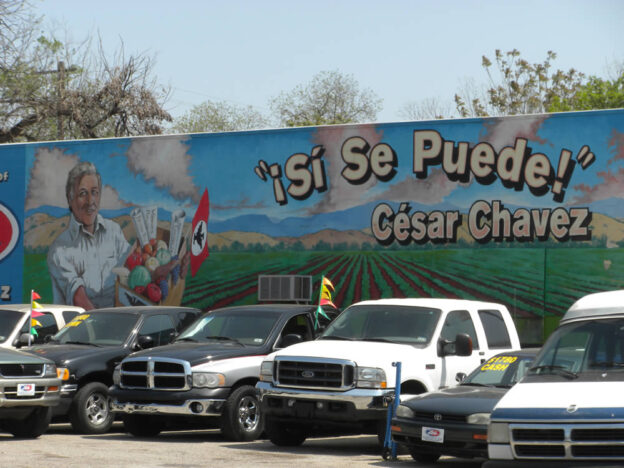Part of my commitment to further the conversation about race relations is to speak on what I know about and inform those who follow my posts about what my family has experienced in the United States. These aren’t comfortable stories to talk about, otherwise those of you that have known me for longer than a year would have already heard them. I share them because I am being called to grow and because I am a teacher. I am also leaning into my desire to be a better storyteller. If something I share moves you or grows you in some way, then I am fulfilling my purpose.
If you are open to learning about the experiences of people who don’t look like you, please read on. If you are not there yet…I invite you to read and listen with your heart, as you are able, and if you feel called to do so. I invite thoughtful questions – i believe in learning from you, too. If you are abusive towards myself or my family, you can rest assured your comments will not be tolerated in this space offered as a learning space. Please go share them on your own blog or platform and start your own conversations rather than trying to hurt me.
So here goes…
On my mom’s side, one thread of our history is woven into the farming narrative. My mother and some of her sisters spent the early years of their lives as migrant workers. When they were little, they rode along in the truck. As they got older, they worked in the fields with their parents and were paid for their work.
Cesar Chavez is important to Arizona history, to our own family, and to the US farmworkers because the organization he co-founded improved the conditions, pay, and treatment of the people who were responsible for harvesting the commercially crops in our country.
United Farm Workers had a mission because the overwhelming majority of migrant farmers were not treated kindly by their employers. Harvesting is not easy work and considered “beneath” the desired position in society. From where I sit wondering why was this even a need that had to be met, my guess is that since the work was not valued as desirable, then the people willing to do it were even less so.
When the aunts who did migrant farming work were in elementary school, some days they started their days in the field, and then they went on to sit through a full day of school. There was no pre-school for them, other than that learning that happened as they worked in the earth. It’s not really a surprise then, that several of them are amazing gardeners and that love for growing has continued into my generation.
This was not the “let’s go work at the neighborhood/community garden and play at being farmers” variety of farming though. The crops I hear about when the stories are told is that my grandparents and aunts picked cotton, onions and potatoes. My grandmother also worked in rose farming. So we are talking labor intensive work, done by children…and I think they started working for pay when they were five years old. I may be wrong…one of them can kindly correct me if I am. And this isn’t “way back when”…they were child laborers only 75-ish years ago.
None of these are easy crops to harvest, and yet they did this because it’s the work that was available to them at that time. My grandfather only finished 2nd grade because the state of Texas did not believe in funding the “Mexican school” in his town. I’m (hopefully!) going to see my grandmother on Friday…I have a second point of learning to do. I don’t know what the highest grade of schooling was that she received in Mexico.
So – how does that feel? Did you know that children were working as laborers on commercial farms in the 1900s? Or did you think child labor ended when unions stood up for industrial workers? Did you know that the whole of the migrant community worked under inhumane conditions into the 1960s? Or did you think that all ended with the end of slavery?
Sadly, farm worker mistreatment continues today. Please take a moment to follow this link and learn more about a current situation between a strawberry farm and the workers happening now (Summer 2020): Laguna Farms dispute.

